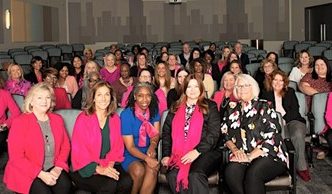We’ve all heard the cliché that companies today need to act like technology start-ups. But what does that really mean?
“It’s not just about technology,” futurist Mike Walsh told attendees at the 2018 CUNA CFO Council Conference Sunday in Austin, Texas. “Technology changes the hardware of your business. You also need to change your software. Unless you can turn culture into your operating system, nothing will really change at all.”
1. People. Organization can no longer can put a priority on hiring people who follow rules, but must bring in employees who are energized by change.
“If you bring in people that like rules your company will stop making mistakes, but as soon as the market changes you are in serious trouble,” Walsh says. “They will fight you tooth and nail to prevent you from reinventing yourself.”
The ability to be energized by ambiguity is what makes organizations agile, Walsh says.
2. Productivity. Working from home and telecommuting are no longer considered ways to keep employees happy and productive. Instead, organizations are redesigning their workspaces so employees can collaborate in small groups or “squads.”
“The reason why companies are redesigning their workspaces is because they found that their most disruptive, innovative ideas were coming from small, collaborative groups that were located in one physical location,” Walsh says. “Companies are finding that small groups of people find better ways to get things done.”
3. Performance. Today’s most efficient companies, big and small, are using data to drive performance, Walsh says.
“If you feel there’s some aspect of your culture that you desperately want to change, don’t tell people or print out flyers and paste them to walls,” he says. “Start by collecting data. Because with data you can build a story for transformation.”





